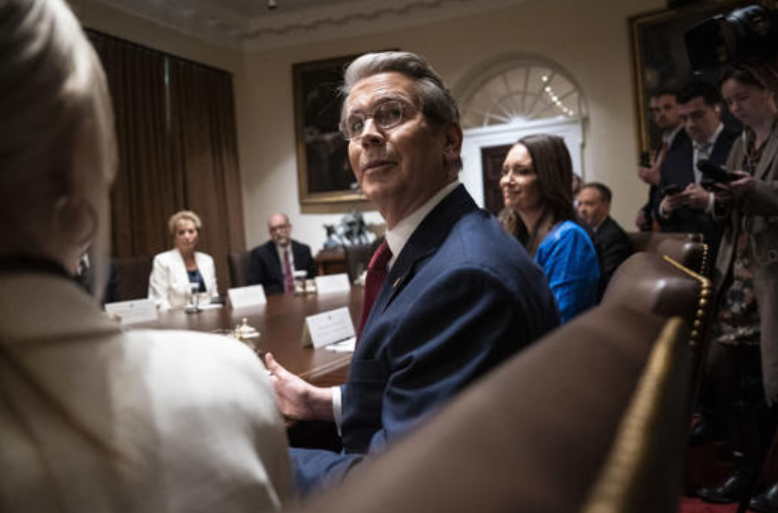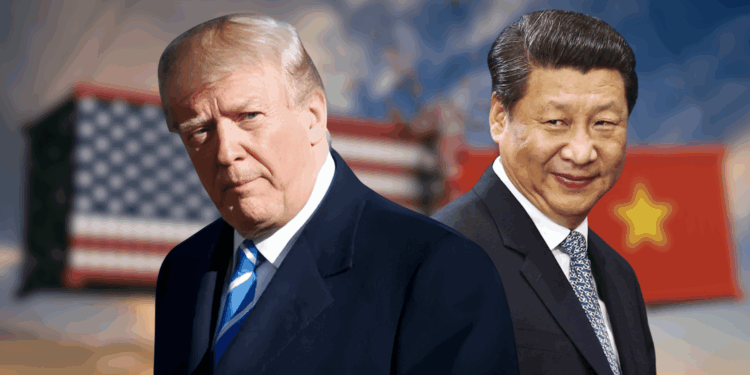- U.S. and China will hold high-level trade talks in Geneva this weekend as tariffs between the two nations hit record highs.
- Treasury Secretary Bessent aims to de-escalate the trade standoff, but concrete agreements remain uncertain.
- China’s central bank is injecting funds to cushion the economic blow while President Xi seeks new trade partners in Southeast Asia.
After weeks of mounting tension, U.S. Treasury Secretary Scott Bessent and lead trade negotiator Jamieson Greer are set to meet China’s economic chief, He Lifeng, in Geneva this weekend. It’s the first high-level sit-down since tariffs between the two economic giants soared past 100%, pushing global markets to the edge.
A Flicker of Hope Amid Rising Tariffs
News of the talks, first confirmed by Washington on Tuesday, gave U.S. futures a little lift, while markets in China and Hong Kong also perked up during Wednesday’s Asian trading. Bessent told Fox News the aim is to “de-escalate before we can move forward,” but what that actually looks like is anyone’s guess.
Right now, tariffs are brutal — 145% on Chinese imports and 125% on U.S. goods. That’s not trade; that’s practically a trade embargo. And with President Trump’s sweeping 10% tariff hitting most countries in July, things could get a lot worse before they get better.
Mixed Messages and Uncertain Outcomes
China’s commerce ministry finally confirmed it’ll meet with the U.S., though it’s still publicly sticking to its hardline stance. “We’re not negotiating from a position of weakness,” said ministry spokesperson Lin Jian, while also hinting that Beijing’s evaluating a U.S. offer for talks.
Meanwhile, back in Washington, Bessent told lawmakers that the administration is in talks with 17 other countries about potential trade deals — and some could be announced as early as this week. But as for China? Bessent admitted, “We don’t want to decouple. What we want is fair trade.”

In the meantime, China’s central bank is pumping liquidity into the system to offset the impact of tariffs, while President Xi is out shaking hands in Southeast Asia, trying to shore up alliances and keep trade flowing














